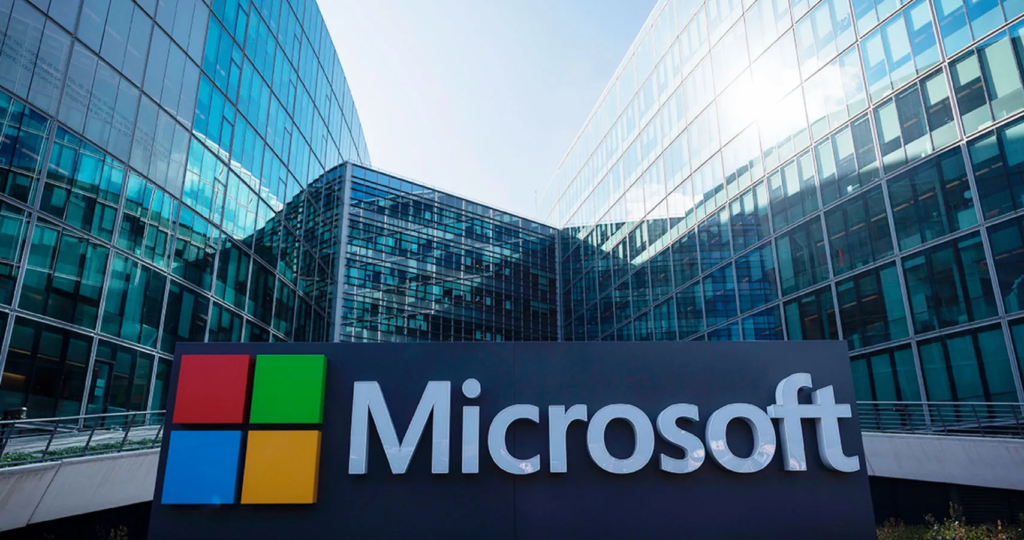Microsoft has recently unveiled a series of new features for its sustainability platform, known as Microsoft Cloud for Sustainability. These updates aim to assist companies in meeting emerging environmental, social, and governance (ESG) reporting requirements and regulations. The platform now offers capabilities such as calculating Scope 3 emissions, collecting and managing a wide range of ESG data from various sources, and facilitating compliance with ESG-related standards.
One of the key additions to the platform is a new template designed specifically for the European Sustainability Reporting Standards (ESRS) under the EU’s Corporate Sustainable Reporting Directive (CSRD). This template will enable organizations to gather the necessary data required for compliance with the CSRD, which is set to be implemented from 2024. Moreover, Microsoft plans to introduce prebuilt reporting templates for other ESG regulations and standards as they become defined and implemented. The platform will also include features to track progress against Science Based Targets initiative (SBTi) designations.
Additionally, Microsoft announced the upcoming launch of Project ESG Lake, scheduled to be available for preview starting in July 2023. This initiative aims to create an industry data platform that allows organizations to centralize and standardize ESG data from various sources. It offers more than 400 tables covering categories such as carbon emissions, water usage, waste management, social impact, governance, biodiversity, and general business areas. Satish Thomas, Corporate Vice President of Microsoft Industry Clouds, emphasized the platform’s expansion from focusing solely on carbon emissions to include water and waste management. These data models streamline the ingestion, sharing, calculations, and reporting processes by centralizing data from different enterprise sources, including enterprise resource planning (ERP) data, plant data, Internet of Things (IoT) sensor data, and external sources like suppliers, utility companies, and transportation providers.
Furthermore, the updated version of Microsoft Cloud for Sustainability enhances its emissions calculation capabilities to cover all 15 categories of Scope 3, or value chain, emissions. The platform initially supported measurement for Scope 1 and 2 emissions and added capabilities to track Scope 3 emissions. With the new update, scheduled for preview in July, the platform includes the remaining Scope 3 categories, such as emissions from the processing and use of sold products, franchise operations, other fossil fuel and energy-related emissions, and emissions associated with investments.
Microsoft’s recent announcement also includes the introduction of waste and water data capabilities within the sustainability platform. Additionally, the company plans to offer a service for carbon credits, aiming to enhance tracking, transparency, and the quality and quantity of credits. These updates to Microsoft Cloud for Sustainability demonstrate the company’s commitment to supporting organizations in their sustainability efforts, providing comprehensive tools to manage and report on ESG-related data, calculate emissions, and streamline compliance with evolving standards and regulations.
